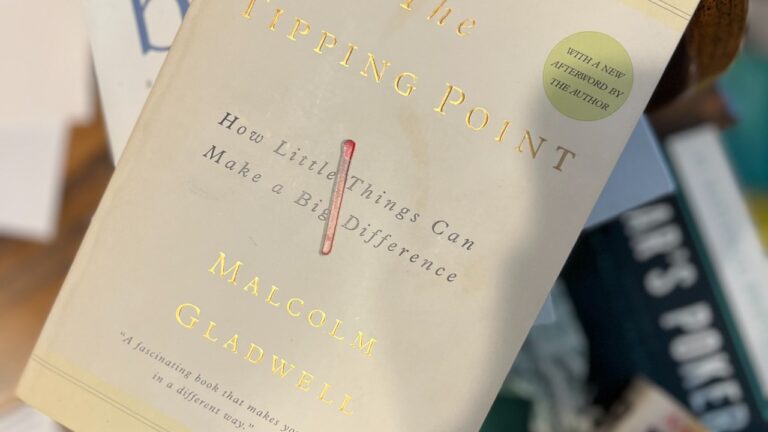Mild Cognitive Decline
An ancient legend tells of Damocles, a courtier in the service of Dionysius II, who coveted the pleasures of royalty. Saracen magic placed him at the king’s table eating sumptuous food, drinking the finest wine and enjoying more pleasures than his imagination could conceive. Reclining at the table in satisfaction, Damocles glanced upward. His eye became transfixed on a sword dangling by single horsehair just above his head. Damocles turned pale. His hands trembled. His joy vanished as he realized that much pleasure brings much danger.
As we grow older, we sometimes contemplate the threat of Alzheimer’s dangling by single horsehair just above our eyes’ imagination.
Mild cognitive impairment is persistent memory loss that lies between normal age-related memory loss and diagnosed dementia and Alzheimer’s disease. The memory deficits are beyond those expected for the person’s age, and the individual persistently forgets meaningful information that he or she wants to remember. There is little loss of ability to work or function in typical daily activities.
- MCI affects 15% to 20% of the aging population.
- Among those with MCI, approximately 15% develop Alzheimer’s dementia after two years, and approximately 32% develop AD within five years.
- The prevalence of MCI is more common in males, those who were never married, and those with an ApoE3/4 or ApoE4/4 genotype.
- There is some evidence that brain atrophy may be slowed in those with MCI with high doses of homocysteine-lowering B vitamins.
Vitamin B12, vitamin B6, and vitamin B9 (folate) break down homocysteine to generate methionine and cystine, antioxidants that increase communication between immune cells. High levels of homocysteine are harmful to the lining of your artery walls, leading to problems like heart attacks or strokes. The following B-vitamin doses are recommended to lower homocysteine levels:
- 25 milligrams of B6
- 400 micrograms of B12
- 2.5 milligrams of folic acid



